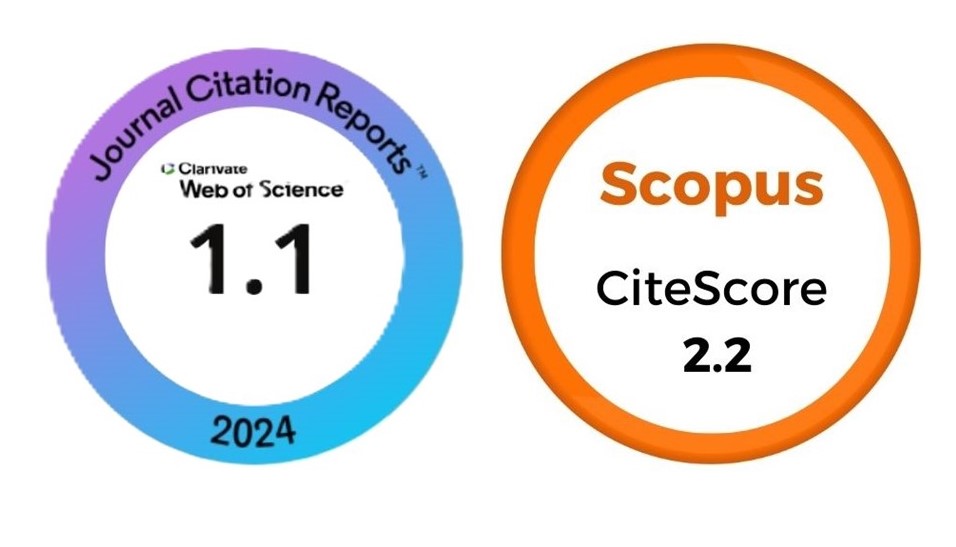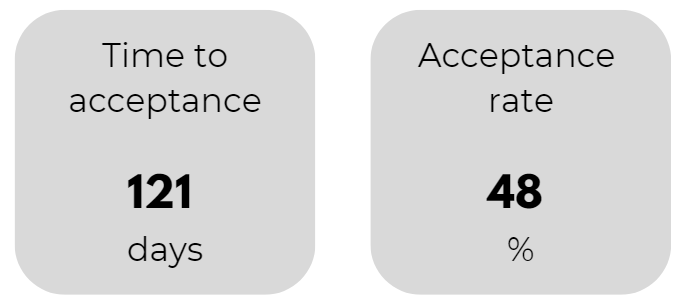In vitro propagation of Zingiber spectabile
DOI:
https://doi.org/10.14295/oh.v23i3.1035Keywords:
Beehive ginger, micropropagation, tropical plants.Abstract
Zingiber spectabile is a tropical ornamental species with difficulties to obtain efficient propagation system. Thus, this study aimed to assess the in vitro propagation of Zingiber spectabile. Seed characterization was determined by measuring length, width and thickness, the weight of 1000 seeds and imbibition curve. In vitro germination of seeds was at constant (25 °C) or alternating temperatures (20-30 ºC). For optimization of in vitro multiplication, different concentrations of activated charcoal (0.0, 0.1 and 0.3%) and sucrose (0.0, 0.1, 0.3, 0.5 and 0.7 M) were evaluated. Plantlets were inoculated in flasks with different sealing systems (PVC covers with or without filters at the center) and culture media (MS or WPM). The plants were acclimatized in Plantmax® substrate. Seeds were of 6.06 mm length, 3.22 mm wide and 2.83 mm thick. The weight of 1,000 seeds corresponded to 46.4 g. The seed imbibition curve approaches to a tree phase pattern. Alternating temperatures induced high germination rates (68%). The addition of 0.3% activated charcoal provided higher root growth and plants with smaller number of senescent leaves. The best plant growth was obtained by the use of 0.1 M sucrose. All acclimatized plants survived (100%). The results demonstrate that Z. spectabile respond well to in vitro propagation.Downloads
Download data is not yet available.
Downloads
Published
2017-10-02
Issue
Section
Call for papers: "Innovation in Horticulture"








